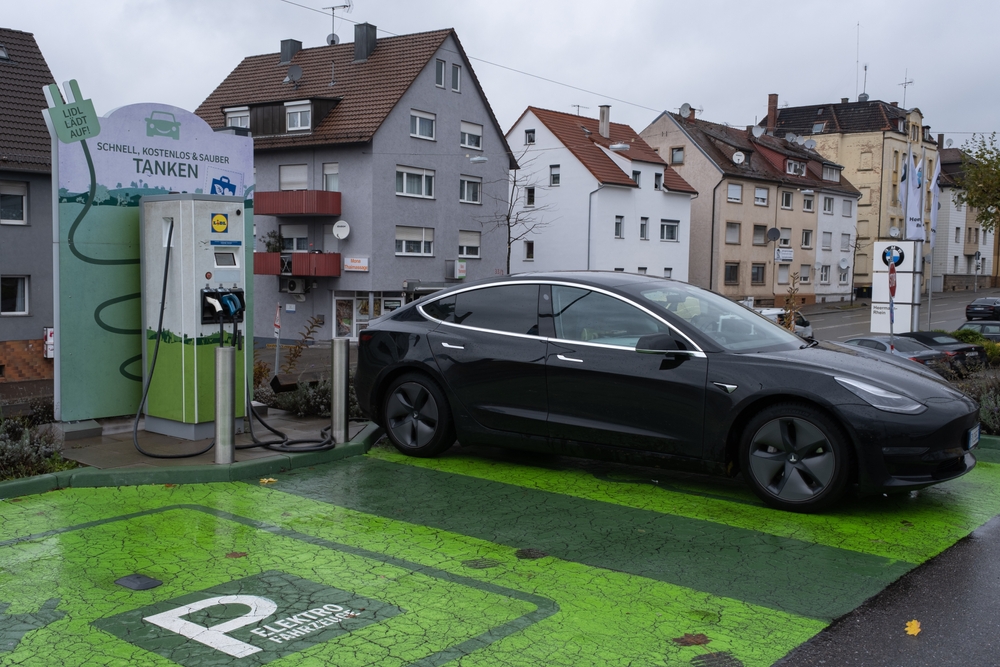Peter Faces $550 Bill for Charging Car at Lidl, Thought It Was Free.
Others are reading now
Charging a plug-in hybrid car turned out to be an expensive lesson for motorist Peter. He believed he could charge his vehicle for free in the parking lot of a Lidl store in Kaatsheuvel, Netherlands. However, to his great surprise, he received a bill for 500 Euros ($550) at the end of the month.
This unexpected charge was due to a so-called blocking fee, an additional amount you pay if your car remains connected to the charging station after a certain period. At the Lidl in Kaatsheuvel, the charging rate is $0.66 per kilowatt-hour. After forty minutes, a more expensive blocking fee of $0.54 per minute kicks in, a detail Peter had overlooked.
“There was information stating you could charge here for free. Later, it turned out that the app showed two chargers at that location. One with the correct, high rates and this free charging station. In reality, however, there’s only one charging point: the one with the high rates,” Peter explained to the ANWB (Royal Dutch Touring Club) according to dutch Niuewsblad.nl.
It was later revealed that the old free charging point had been taken over some time ago, but the original operator had not deregistered it.
Also read
Not an Isolated Incident
Peter’s story is certainly not unique. The ANWB points out that many drivers in the Netherlands are unaware of the additional charging fee. “Anyone who has driven their electric car to Germany or Austria is undoubtedly familiar with the blocking fee, but a blocking fee is increasingly being applied at Dutch charging stations as well.”
Nevertheless, the ANWB is not against the concept of a blocking fee.
“After all, there are far more electric cars than public charging points, and a blocking fee can be an effective means to prevent ‘charging spot hogging.’ At the same time, we do believe that the timeframe after which this blocking fee is charged and its amount should be proportionate to the intended use of the charging station and location.”
Informing Users
“Furthermore, we would like to see the blocking fee capped at 3 hours, and it would be beneficial to inform users about this fee through a sign or sticker on the station,” the ANWB added.
In response to queries from the ANWB, Lidl has stated that the time limit was introduced due to misuse of their chargers and their desire to allow as many customers as possible to charge.
At the same time, they acknowledge that the current blocking fee is too extreme and have therefore decided to discontinue it starting March 1. Customers who have been charged this blocking fee can contact Lidl for a reimbursement, according to the supermarket chain.


